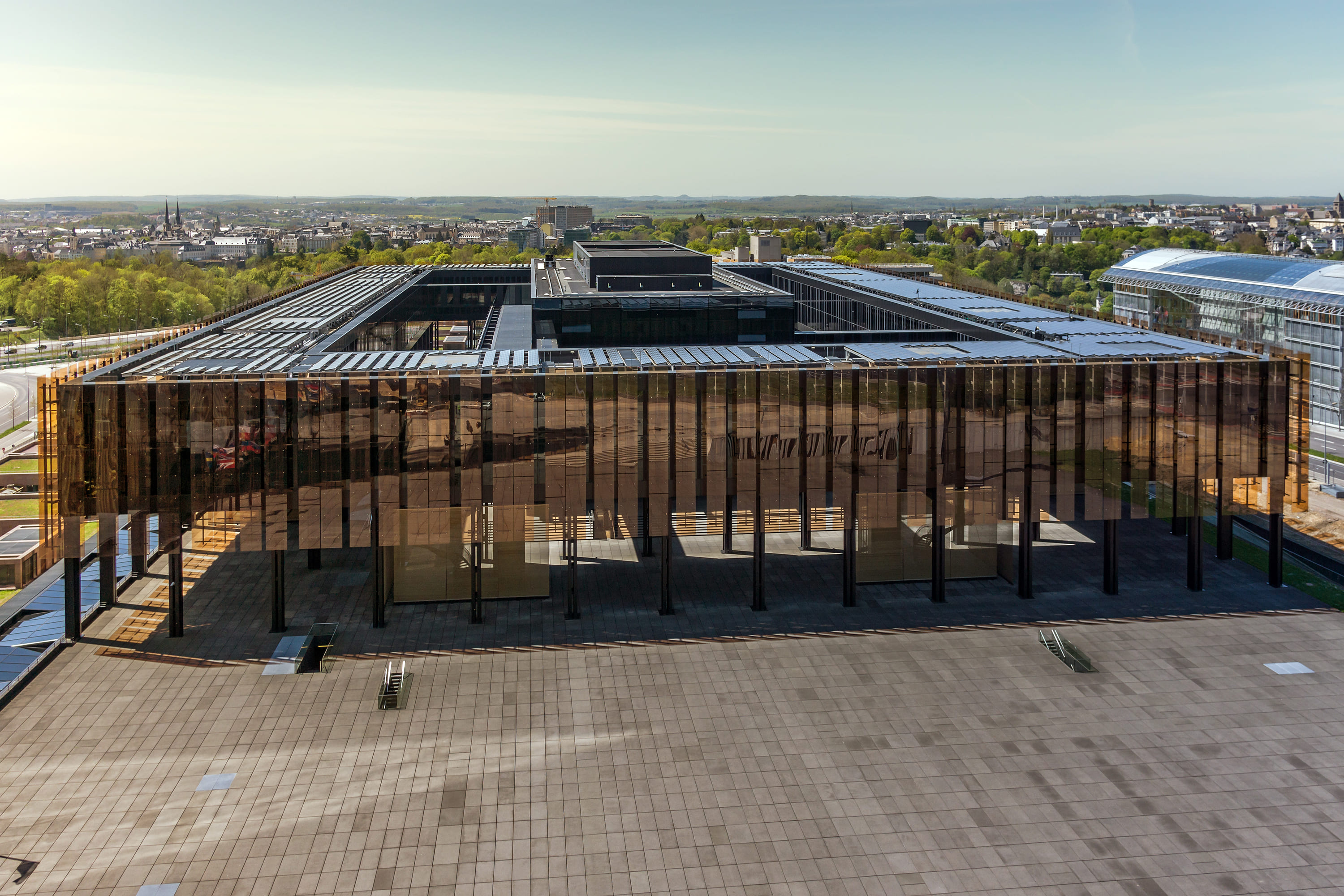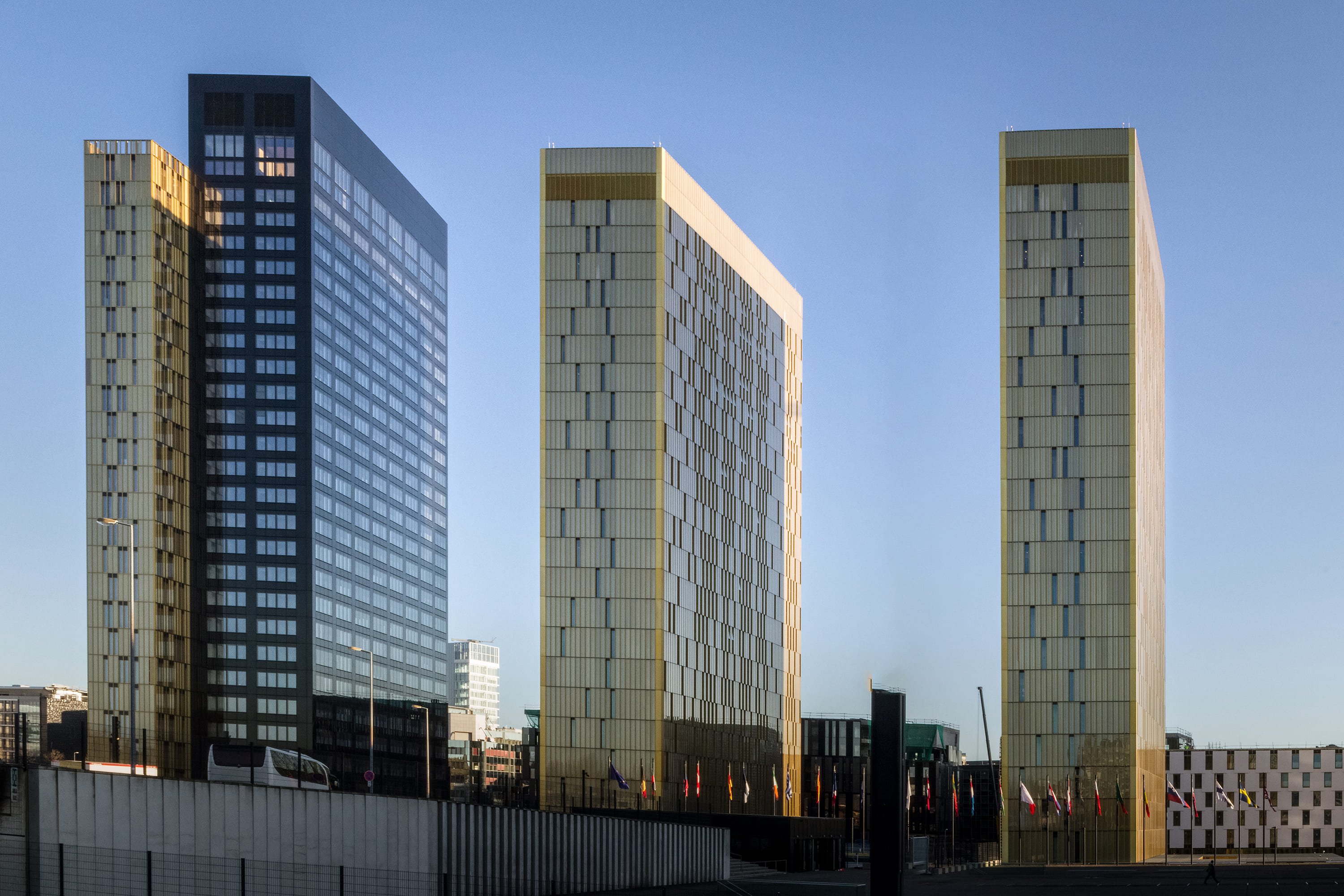Luxembourg holds a special place within the European Union: the city is home to several major EU institutions, the most iconic of which is undoubtedly the Court of Justice of the European Union (CJEU).
The Court of Justice of the European Union: guardian of EU law
Established in 1952, the CJEU ensures that European Union law is interpreted and applied consistently across all member states. It plays a crucial role: whenever a national court is uncertain about the interpretation of an EU rule, it can refer the question to the Court, which then provides a binding ruling. The Court also reviews the legality of acts adopted by EU institutions and ensures that member states comply with their obligations.
The CJEU is a unique multilingual institution: any of the EU’s official languages may be used during proceedings. This guarantees that every european citizen, regardless of their native language, can access european justice.
Why is the Court of Justice based in Luxembourg?
Luxembourg was chosen as the seat of the Court when the European Coal and Steel Community (ECSC) was founded in 1952. At the time, it was important to find neutral and symbolic locations for the new European institutions. Luxembourg, a small state at the heart of Europe, offered a balanced solution and demonstrated a strong commitment to European integration.
This choice was reaffirmed in 1965 and formally confirmed at the Edinburgh European Council in 1992. Since then, the Court has continued to grow in Luxembourg, moving in 1972 into a purpose-built Palace of Justice on the Kirchberg plateau, today surrounded by striking extensions and its emblematic towers.

The ring and forecourt of the Court (© Court of Justice of the European Union)

The three towers: Rocca, Montesquieu and Comenius (© Court of Justice of the European Union)
But that’s not all! Luxembourg also stands out for the strength of its institutions and the quality of its democracy. In 2023, the country ranked 10th worldwide in The Economist’s Democracy Index, achieving an impressive score of 8.88/10. It is among the few countries classified as a “full democracy”, with top marks for electoral processes and pluralism, and an excellent score for civil liberties. At a time when democracies are under pressure in many parts of the world, this demonstrates that Luxembourg is a strong, reliable, and stable country, all essential qualities for hosting such key European institutions.
Other European institutions in Luxembourg
Alongside the CJEU, Luxembourg is also home to the European Investment Bank (EIB), which finances development projects across Europe, and the European Court of Auditors, which oversees the proper use of EU funds. Several departments of the European Commission and the General Secretariat of the European Parliament are also based here.
By hosting these institutions, Luxembourg embodies the spirit of cooperation and unity at the heart of the European Union. The presence of the Court of Justice in particular is a reminder that respect for the rule of law and equality among member states remain central to the European project.
Visit our blog to learn more about Luxembourg!

.png)


